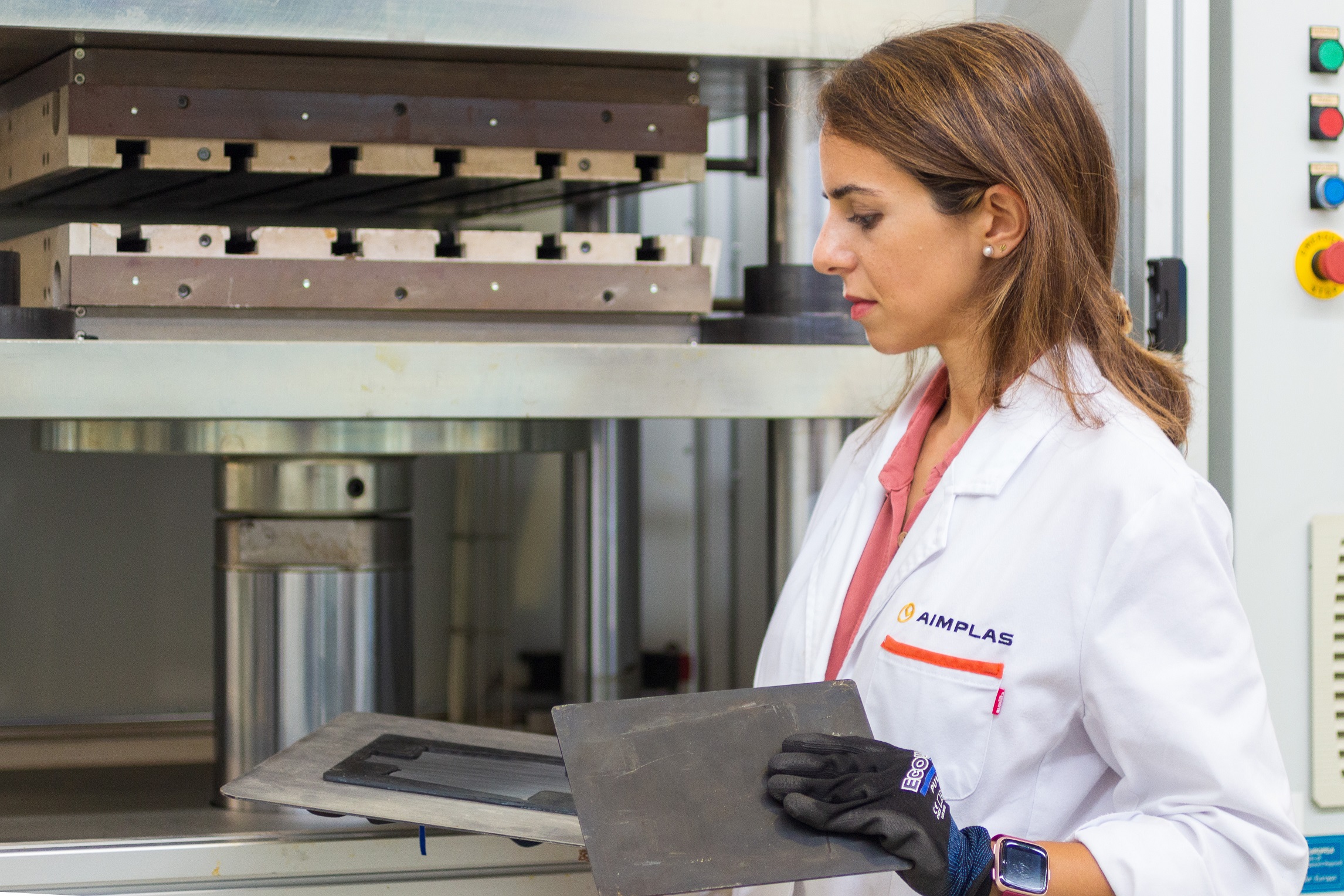
AIMPLAS says that it is coordinating a project which aims to find a new method of recycling and reprocessing composite thermoplastic materials.
Plans are to help reduce the amount of waste generated by the aerospace industry and its environmental impact.
‘The aerospace industry is increasing its use of composite materials because of the advantages they offer in terms of weight reduction and strength,’ AIMPLAS said. ‘One of the drawbacks of these composite materials is the complexity of recycling them.’
The EU plastics association will focus on improving the reprocessing of recovered materials through automatic deposition, compression molding, analysing the properties of the scrap waste obtained, and preparing an eco-design and good practices guide to scale up the technology, AIMPLAS said, working with Spanish technology center TEKNIKER which will focus on mechanical cutting and the development of mechanical scrapping process. The two methods could make it possible to use up to 80% of current aerospace waste compared to other mechanical recycling methods, cut processing times as much as 50% by reducing the number of steps in waste recovery, use more efficient automatic reprocessing methods, reduce CO2 emissions up to 30% through the use of waste, and curb production demand for virgin material.
The result will be composite thermoplastic products manufactured with recycled materials at a production cost 15 to 20% lower than current mechanical recycling and scrap reprocessing procedures, AIMPLAS said.
The SPARTA project began in September 2020 and will end in October 2022.
This story uses material from AIMPLAS, with editorial changes made by Materials Today. The views expressed in this article do not necessarily represent those of Elsevier.





